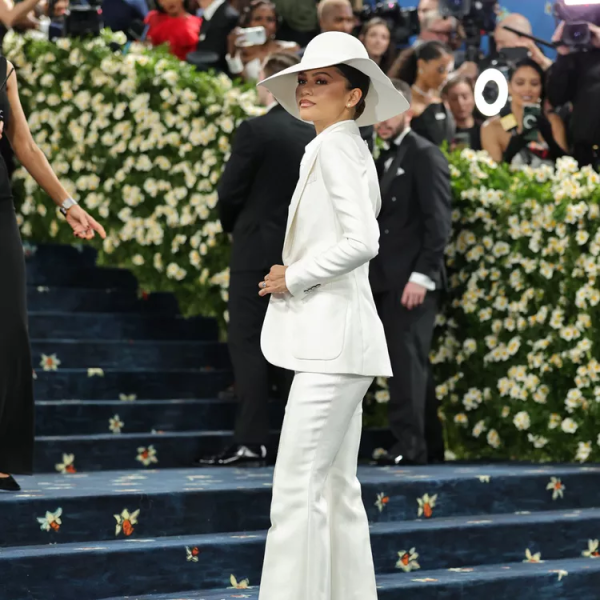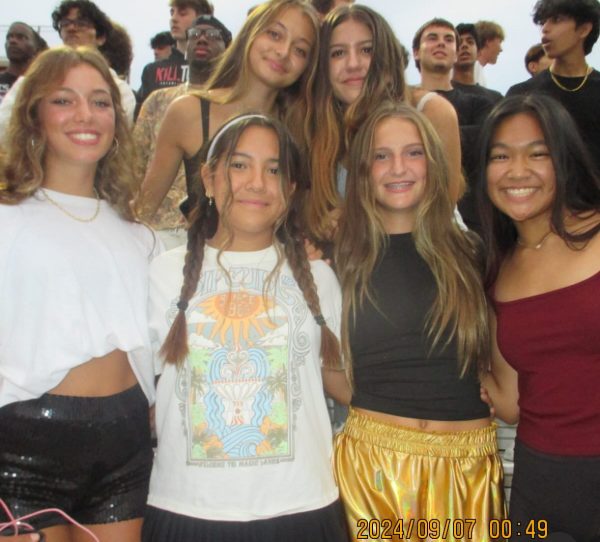Reboots, Revivals and Remakes, Oh My!

Screenshot of HBO’s series “Velma”
Every year, countless original franchises are remade, and 2023 is no exception. Phineas and Ferb, Barbie and The Little Mermaid are only a few examples of programs that have been announced to be reintroduced to the media. But is a reboot always a good thing?
While all three types of renditions focus on aspects of putting a twist on an original, reboots, revivals and remakes are all different things. Revivals are a continuation of the series after a prolonged period of inactivity. Meanwhile, remakes completely reproduce the original with very few differences. Unlike remakes, reboots provide a spin-off on the original plotline and take a new direction with the original’s premise.
Despite there being such a variety of ways to reproduce original shows, many feel as if the method is lazy and uncreative. Rather than putting resources into reproducing fan favorites, the general public believes that more time and effort should be spent on creating new originals.
“I just feel like reboots are kind of a lazier rendition of newer content that can be coming out,” Lambert junior Neharika Koppineedi said. “I just think that, you know, it’s an easier thing for screenwriters to go back and pull from older material rather than coming up with something original.”
This isn’t the only complaint seen with these productions. A common theme that has been occurring is the heightened integration of diversity. Many originals lack diversity due to their time of release. To compensate for a lack of diversity, companies have made the decisions to either change the races of some characters, or add in new characters to diversify the cast.
While this may be good, the so-called “diverse” characters often feel forced into the plot line, or the changing of ethnicity seems unnecessary. One example has been the show “Velma.”
Taking a spin on the original hit series Scooby-doo, the premise of the show focuses on the side character Velma, who was originally white. Instead, however, they changed her race to Indian. While this may not come off as a bad idea, the writers of the show instilled racist stereotypes into the character, adding onto terrible plot directing. Some examples consisted of the typical trope of the south asian teenager hating her own culture and having the label of being a nerd.
“I feel like, instead of just giving people of color or minorities a script from another source, just give them some original content,” Neharika said. “Because I feel like that kind of implies that these people don’t deserve their own stories.”
Despite anyone’s opinion over the controversial perception of these fictional resurrections, companies will continue to pump them out, and the public will continue to eat them up.
Your donation will help support The Lambert Post, Lambert High Schools student-run newspaper! Your contribution will allow us to purchase equipment and cover website hosting costs.











